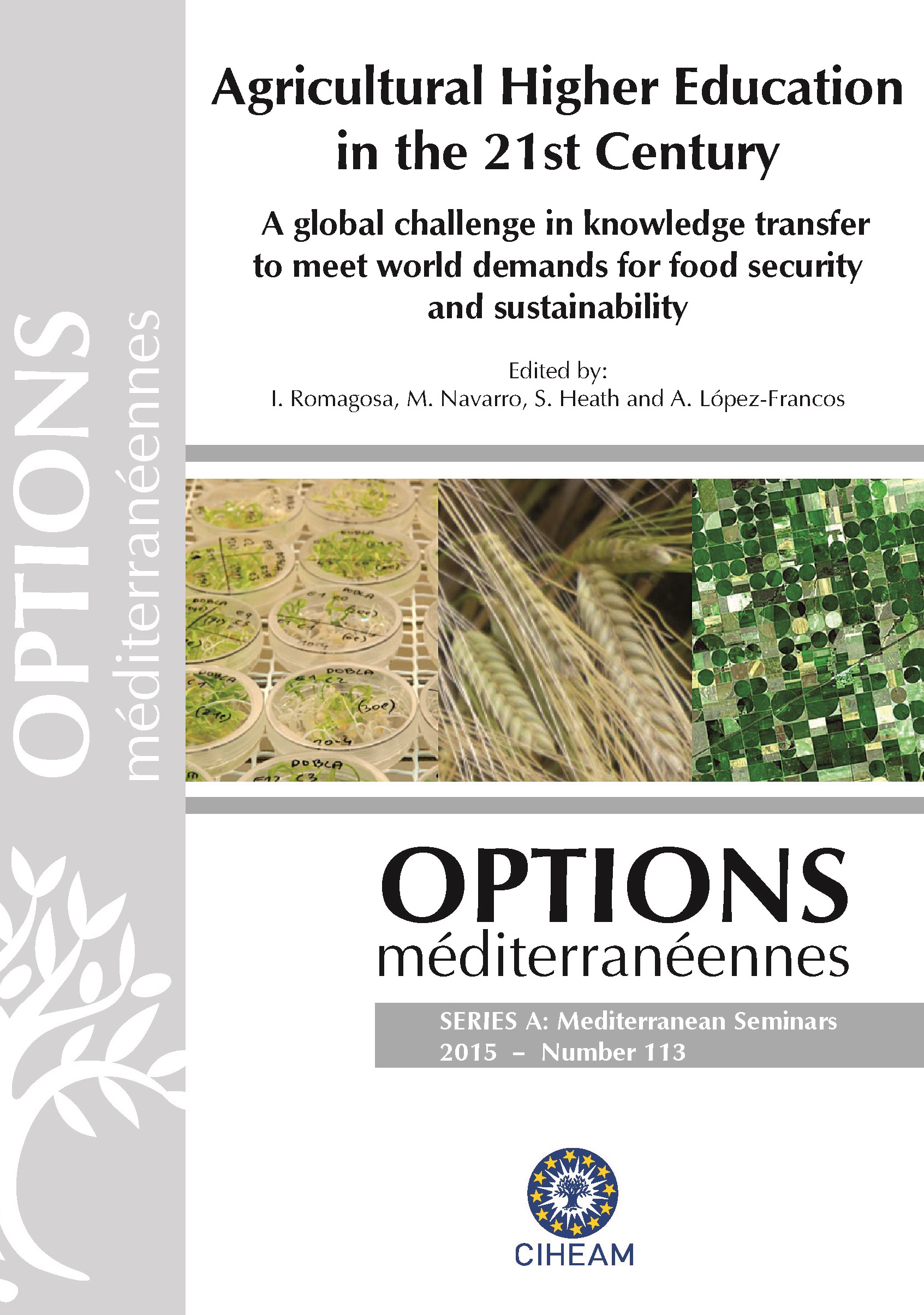| Article précédent | p. 15-22 | Article suivant |
Challenges and opportunities for food and agriculture in the 21st Century
The food and agricultural sector will have to respond to growing and changing demand, while facing increasing constraints on natural resource use. It will also have to adapt to climate change, and is expected to contribute to its mitigation. At the same time, the whole supply chain is undergoing significant structural changes and agricultural markets are evolving, notably with the emergence of new players. Innovation will be key for the sector to achieve sustainably the productivity growth needed to meet future demand and ease price tensions on world markets. Agricultural policy reform has an important role to play in facilitating innovation and adjustment, by providing targeted incentives, removing market and trade distortions, providing efficient tools for risk management, and promoting sustainable practices and technologies. But attention should also be paid to other policy areas that contribute to the longer-term competitiveness of the sector, such as the provision of rural infrastructure and services and an efficient regulatory framework. Improving the efficiency and the relevance of agricultural innovation systems is also essential. Developments in agricultural higher education need to be considered in this context.
Le secteur agricole et alimentaire devra répondre à une demande croissante et en mutation tout en faisant face à l’augmentation des contraintes sur l’utilisation des ressources naturelles. Il devra également s’adapter au changement climatique et contribuer à sa réduction. Ceci dans un contexte caractérisé par les changements structurels dans l’ensemble de la filière et la transformation des marchés agricoles avec, notamment, l’émergence de nouveaux acteurs. L’innovation sera essentielle pour permettre au secteur d’accroître sa productivité de façon durable et répondre ainsi à la demande future et atténuer les tensions sur les prix des marchés mondiaux. Les politiques agricoles ont un rôle important à jouer pour faciliter l’innovation et l’ajustement par le biais d’incitations ciblées, de l’élimination des mesures qui faussent la production et les échanges, d’e la mise en place d’outils de gestion des risques efficaces, et par des mesures encourageant les pratiques et technologies durables. Il convient cependant de considérer également les autres domaines d’action qui contribuent à la compétitivité du secteur à long terme, tels que les infrastructures et services dans les zones rurales, et la mise en place d’un cadre réglementaire efficace. Il est également essentiel d’améliorer l’efficacité et l’adéquation des systèmes d’innovation agricoles. L’évolution de l’éducation supérieure agricole doit être considérée dans ce contexte.
- [ Afficher ]
- [ Télécharger ]
- [ Exporter la citation ]
Vous pouvez télécharger la citation au format :
- [ Imprimer ]
-
Mots-clés
AGRICULTURE, ALIMENTATION HUMAINE, DURABILITE, MARCHE, POLITIQUE AGRICOLE, PRODUCTIVITECiter cet article
Moreddu C. Challenges and opportunities for food and agriculture in the 21st Century. In : Romagosa I. (ed.), Navarro M. (ed.), Heath S. (ed.), López-Francos A. (ed.). Agricultural higher education in the 21st century : a global challenge in knowledge transfer to meet world demands for food security and sustainability . Zaragoza : CIHEAM, 2015. p. 15-22. (Options Méditerranéennes : Série A. Séminaires Méditerranéens; n. 113). International Conference : Agricultural Higher Education in the 21st Century, 2015/06/15-17, Zaragoza (Spain). http://om.ciheam.org/om/pdf/a113/00007592.pdf



